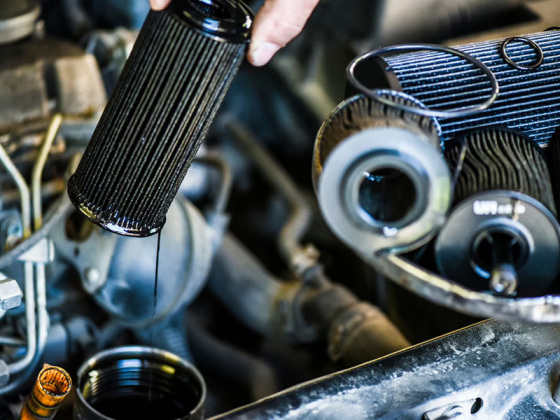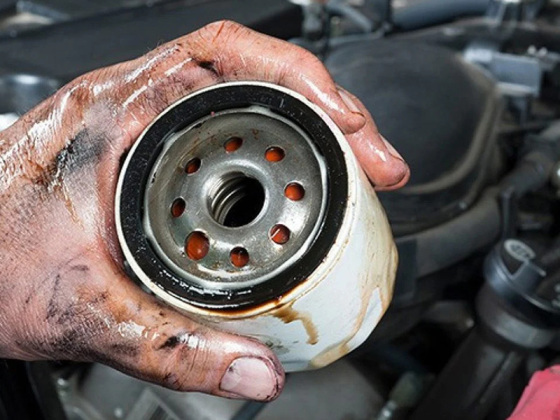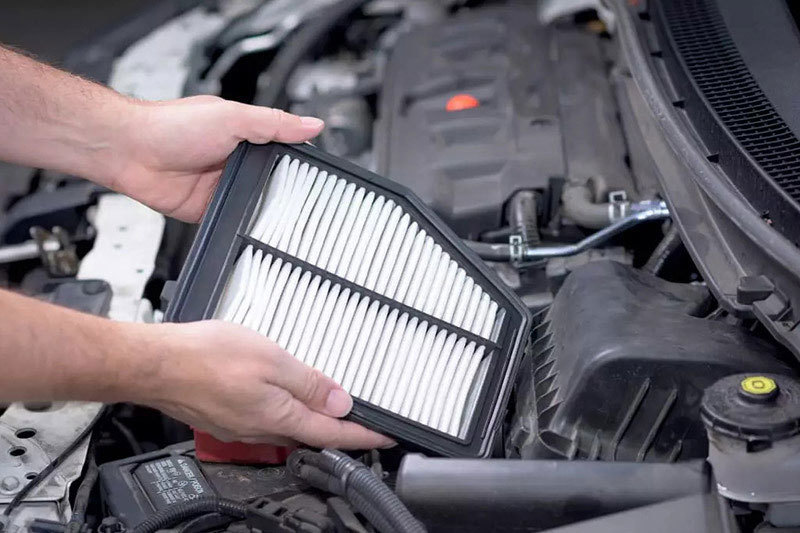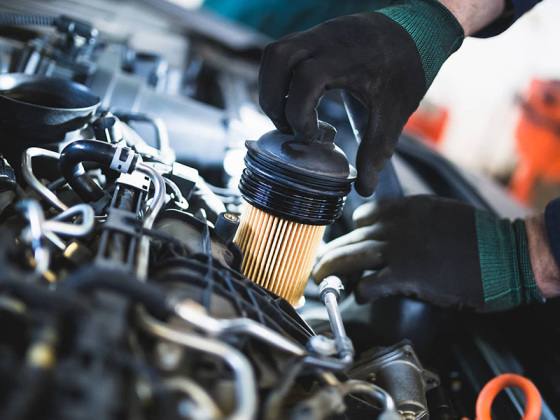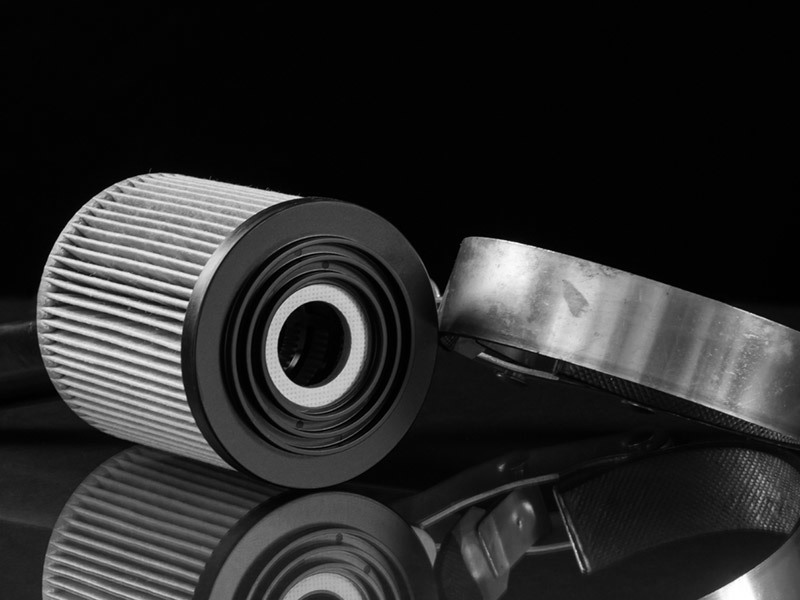Common Misconceptions About Fuel Filters: Distinguishing Fact from Fiction
Release time:
25 Jun,2024
The fuel filter plays a vital role in protecting the vehicle engine from harmful pollutants, which may cause serious damage. Contrary to common misconceptions, the fuel filter does more than just prevent large pieces of debris from entering the engine.

1. Understand the importance of fuel filters
The fuel filter plays a vital role in protecting the vehicle engine from harmful pollutants, which may cause serious damage. Contrary to common misconceptions, the fuel filter does more than just prevent large pieces of debris from entering the engine. In this comprehensive article, we will debunk popular myths about fuel filters and clarify their importance in maintaining optimal engine health.
Myth 1: The fuel filter can only prevent large pieces of debris from entering the engine
Contrary to popular belief, the fuel filter is designed to capture not only large debris, but also tiny particles suspended in the fuel. These particles include rust, dirt, and other contaminants that can wreak havoc on delicate parts of an engine. By removing these impurities, the fuel filter can prevent premature engine wear, clogged fuel injectors, and fuel system damage.
Misunderstanding 2: The fuel filter does not need to be replaced regularly
One of the most common misconceptions is that fuel filters do not need to be replaced regularly. However, neglecting to replace the fuel filter at the recommended intervals may have serious consequences. Over time, the filter can become saturated with contaminants, reducing its effectiveness and potentially causing engine failure. Regular replacement of the fuel filter ensures consistent filtration and extends the life of the engine.
Myth 3: All fuel filters are the same
Not all fuel filters are the same. Different vehicles require specific types of fuel filters, tailored to the unique requirements of their engines. Fuel filters are available in a variety of designs, including in-line filters, cartridge filters, and spin-on filters. Understanding your vehicle's specific fuel filter requirements is critical to ensuring optimal performance and protection.
Misunderstanding 4: Fuel filter will not affect engine performance
Contrary to popular belief, fuel filters can have a significant impact on engine performance. A clogged or inefficient fuel filter can restrict fuel flow, resulting in reduced power, poor acceleration, and reduced fuel efficiency. By regularly replacing and maintaining the fuel filter, you can ensure the best engine performance and responsiveness.
Myth 5: Only old cars need fuel filters
Fuel filters are not exclusive to old cars; they are essential for all cars, regardless of their age. Modern engines equipped with advanced fuel injection systems are more susceptible to fuel pollution. Regardless of the age of your vehicle, neglecting to install and maintain fuel filters can result in expensive repair costs and shorten engine life.
Misunderstanding 6: Use high-quality fuel, the fuel filter will not be blocked
Even if you always use high-quality fuel, tiny pollutants will still enter your engine. While quality fuels may contain fewer impurities, the risk of contamination remains. The fuel filter is the last line of defense, ensuring that even the tiniest particles are filtered out before reaching critical engine components.
Myth 7: Replacing fuel filters is a complex and expensive process
Replacing the fuel filter is a relatively simple task that most car owners can perform. With appropriate tools and guidance, this maintenance process can be completed in a short time. In addition, the cost of a new fuel filter is minimal compared to the potential cost of engine maintenance due to filter clogging or failure.
Misunderstanding 8: Fuel additives can replace fuel filters
Although fuel additives may have certain benefits, they cannot replace the important role of fuel filters. The main purpose of fuel additives is to improve fuel efficiency, reduce engine deposits or improve combustion. However, they do not effectively filter out the contaminants present in the fuel. Combining fuel additives with high-quality fuel filters ensures comprehensive engine protection and performance.
Frequently Asked Questions (FAQ)
1. How often should the fuel filter be replaced?
The frequency of fuel filter replacement varies depending on the make and model of the vehicle. It is generally recommended to replace the fuel filter every 20,000 to 30,000 miles or as specified in the vehicle user manual.
2. Will the clogged fuel filter cause engine damage?
Yes, a clogged fuel filter can restrict fuel flow and cause engine damage. Timely replacement of clogged fuel filters is essential to prevent potential engine problems.
3. Are there different types of fuel filters to choose from?
Yes, there are many types of fuel filters to choose from, including in-line filters, cartridge filters and spin-on filters. The type of fuel filter required depends on the specifications of your vehicle.
4. How does the fuel filter affect fuel efficiency?
The fuel filter ensures that pollutants do not hinder fuel flow and combustion, thereby playing a role in maintaining optimal fuel efficiency. The clean fuel filter allows the fuel to pass smoothly, optimizing fuel consumption and reducing engine pressure.
5. Can the fuel filter improve engine performance?
Yes, a clean and efficient fuel filter allows the engine to continuously obtain clean fuel, thereby improving engine performance. This results in better combustion, increased power and enhanced overall performance.
In short, common misconceptions about fuel filters must be eliminated to ensure optimal engine health and performance. By dispelling popular misconceptions and providing accurate information, this article clarifies the importance of fuel filters in protecting engines from harmful pollutants. Remember to replace the fuel filter regularly and prioritize maintenance to enjoy a smooth and trouble-free driving experience.
Key words:
- All
- Product Management
- News
- Introduction
- Enterprise outlets
- FAQ
- Enterprise Video
- Enterprise Atlas
More information



